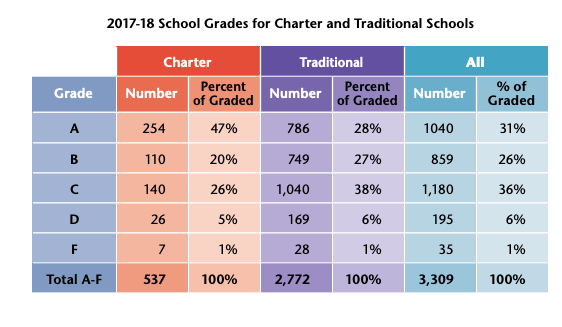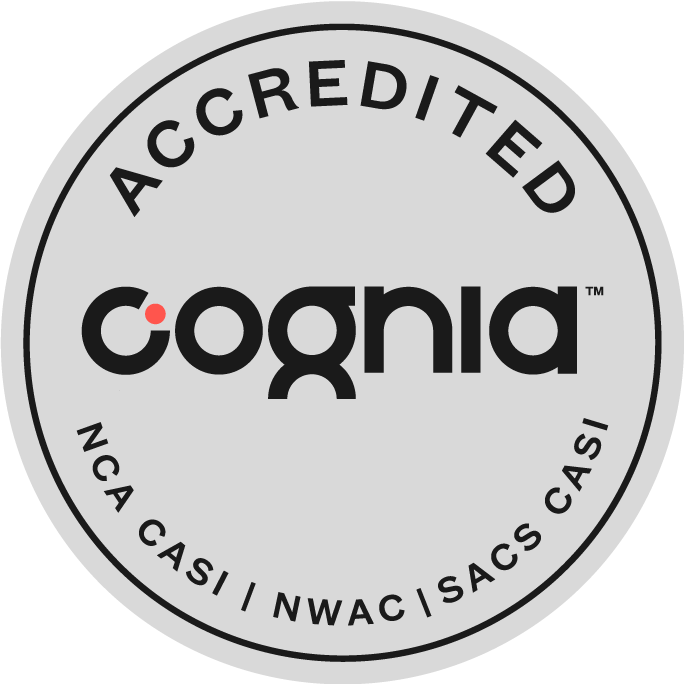

Since charter schools were established in the ‘90s, they have become a popular school of choice for parents. According to the National Alliance for Public Charter Schools, there are 7,000 public charter schools nationwide, with 661 of those located in Florida.
As charter schools continue to grow in popularity, you might be wondering how students perform at public charter schools. You’re not alone.
Today, you’ll learn how public charter school students perform and why they are a great option for your child.
Related: What is a Charter School?
Here’s the deal:
If you’re considering a public charter school for your child, you’ll be happy to hear that charter schools are a great alternative to traditional schools.
According to the Florida Consortium of Public Charter Schools, “The annual report on public charter school student achievement published by the Florida Department of Education found that charter school students outperformed their peers in traditional public schools in almost all achievement areas.”
In fact, in a 2018 study done by the Florida Department of Education, charter school students demonstrated higher rates of grade level performance. Also, the percentage of students making learning gains was higher in public charter schools than in traditional schools.
So now that you know how well students perform at charter schools, you might be wondering why? What’s the difference between charter schools and traditional schools?

Charter schools work better than traditional schools for a variety of reasons. The main reason is that charter schools usually have different specializations because the traditional approach to education doesn’t work for every child.
So why do charter schools work? Here are the top 3 reasons:
Overall, public charter schools are a great alternative option for your child. They are tuition free, while also having the flexibility to tailor the curriculum and teaching method to your child. At the end of the day, it’s important to find the right school for you and your child based on your needs.

Cognia offers accreditation and certification, assessment, professional learning, and improvement solutions to institutions and other education providers. As a global nonprofit working in over 80 countries, Cognia serves 36,000 institutions, nearly 25 million students, and five million educators every day.
© Copyright Resilience Charter School